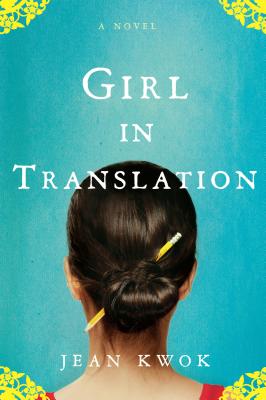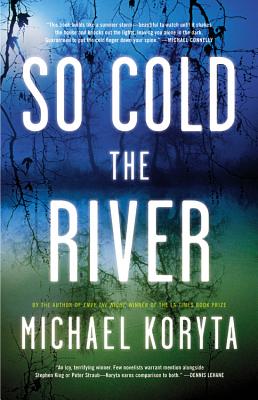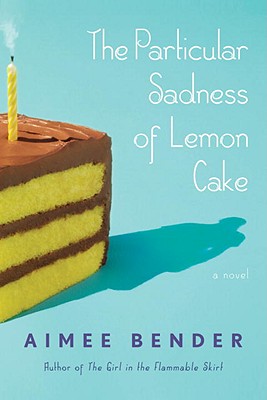I don't think that I would ordinarily be able to write a legit book review about a cooking or diet book. When I think book review, I think fiction or non-fiction. But as I've been reading Alicia Silverstone's (yes, Cher from "Clueless”) book The Kind Diet: A Simple Guide to Feeling Great, Losing Weight, and Saving the Planet, I'm finding that it not only presents a collection of fascinating food facts, but makes you think about what and how you eat in a brand new way.

Traditionally, Americans think that there are only a few kinds of food: rich, fancy gourmet food; fast food; home-based junk food; and every-day home cooking. We eat what satiates us, and those foods are different depending upon where and how we grew up.
I came from a family with an amazing mom-cook; her meals are a cross between the rich, gourmet variety and the meat and potatoes 1960s variety. Growing up, our dinners were straight-up All-American. It's only since living on my own that I've been introduced to food from different cultures, like non-Chinese Asian cuisine (Japanese, Thai, Vietnamese, etc.). Where I'm from, healthy plant-based diets were for "granola-munching bunny huggers.” Some people even live subsistence lifestyles, hunting and fishing to feed their families. But tofu? Tempeh? Sea vegetables? No way.
I originally picked up The Kind Diet in February because I'm allergic to casein, a dairy protein, and have been living dairy-free for nearly two years. It's so hard to do--especially in a western society like ours. I wanted to learn more vegan recipes since they're also dairy-free, and, quite frankly, when you've been raised on cheese, ice cream, yogurt, and milk, feeling your way blindly through a dairy-free world can get very, very bland. The Kind Diet offers some amazing vegan recipes, which is exactly what I was looking for. But I found the book was much more than that. Silverstone also covers the nutrients that one can get from living a plant-based lifestyle. I'm recently pescetarian myself, and am on Day 3 of what I’ve dubbed the “Vegan Experiment” (follow my journey at Big Girl, Bigger City). As such, this book has become an invaluable resource.
A lot of people think that vegans and vegetarians will push their foodie agendas on anyone who eats meat, fearing them the way conservatives fear homosexuals. Look, I ate meat for the first 25 years of my life. And while I have my own strong opinions about the meat and dairy industries--I think they require some serious congressional intervention--the industries are vital contributors to the U.S. economy.
That being said, The Kind Diet provides some fascinating insights into what animal products do to the human body--today's fun fact for me was reading about how it takes 72 hours for the body to process meat through our 20-foot intestines. Meat also makes your blood more acidic, forcing your body to compensate by taking nutrients from your bones to balance out your blood. Over time, that can lead to osteoporosis. Gross!

The Kind Diet is a wonderful read for anyone interested in food and nutrition, particularly if you’re curious about how you can consume nutrients in alternative ways. Who knew certain non-dairy foods had so much calcium? Now that's one thing I'm definitely interested in. Did you know that chickpeas, collard greens, parsley, soybeans, almonds, and sesame seeds all have more calcium per 100-gram serving than whole milk? Wow!
Overall, this book is great. One place where I feel it fails a bit though is in the title. It is misleading, particularly to those who are looking for actual diet books. The Kind Diet uses "diet" as a noun--the way it should be used. Our diet (n.) is what we eat. And we should never diet (v.). It's unnatural.
Silverstone does present her information subjectively, but allows the reader to approach a vegan/vegetarian lifestyle in one of three ways: “flirting” (aka trying it out), vegan (full-on no animal products in your diet), and "Superhero" (which is organic, earth-friendly, really considering where your foods are coming from, but also cutting out bleached flour and white sugar, among other things—a macrobiotic diet). I'd been in the “flirting” stage for years. Right now I'm full-on vegan, and this book is a very helpful resource for me. I don't know that I can give up white sugar and be a "Superhero," but two years ago I didn't think I could give up dairy either, even though I had to. And I never thought I'd give up meat, but I already feel amazing and my skin is practically glowing.
Many Americans seem to misunderstand a human's innate relationship to food and how it not only keeps us alive and energized, but that proper nutrition is essential in helping our bodies maximize their natural processes. The best way we can do that is by consuming unprocessed Earth-based products, not foods containing or made with manufactured chemicals.
I give this book four and a half stars. It's informative, interesting, and Silverstone makes it easy to pick and choose what's right for your lifestyle. Unfortunately, she can get a tad preachy in parts, though it's not overwhelming. I’m on my third or fourth time around reading this book, and I learn something new and useful each time I pick it up.
I heartily encourage you to get a copy The Kind Diet at your local library or bookstore. Even if you're completely disinterested in a vegetarian or vegan lifestyle, read it to broaden your perspective on your diet, how you relate to food, and take into greater consideration what kind of fuel you're putting into your tank.
















 rt of their job to teach and guide their kids in growing up, whether it's through frank conversation, books, film, etc. etc.
rt of their job to teach and guide their kids in growing up, whether it's through frank conversation, books, film, etc. etc. 













